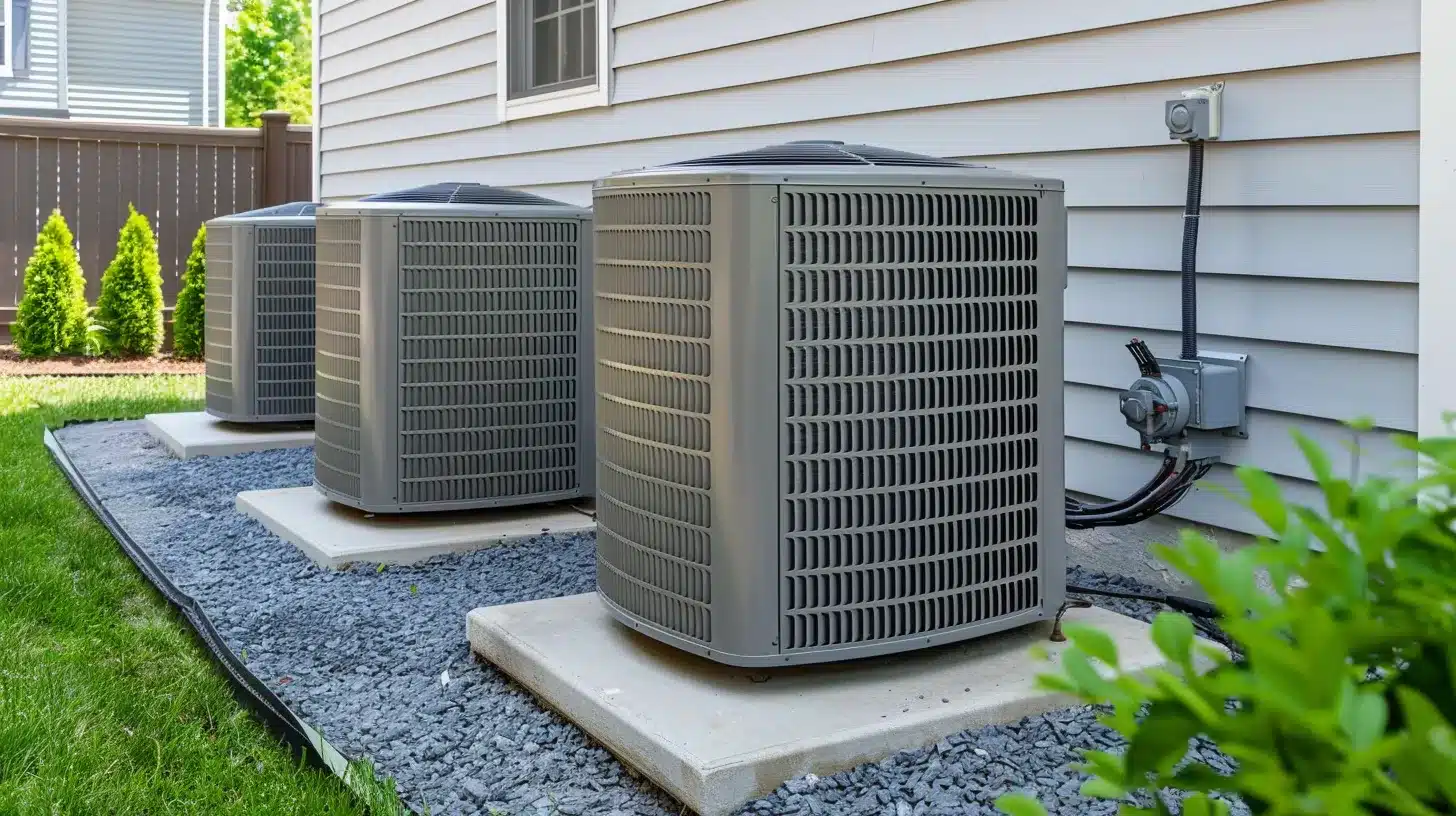
Repairing vs. Replacing: Which Solution Is Best for Your Air Conditioning Unit?
Is your air conditioning unit struggling to keep your home comfortable? Choosing between repairing and replacing this essential system can be challenging. This article will guide you through understanding the basics of air conditioning systems, evaluating the repair process, and assessing the benefits of replacement. By the end, you will have a clearer perspective on what solution best fits your needs, helping you make an informed decision and address any discomfort caused by your unit’s inefficiency.
Understanding the Basics of Air Conditioning Systems
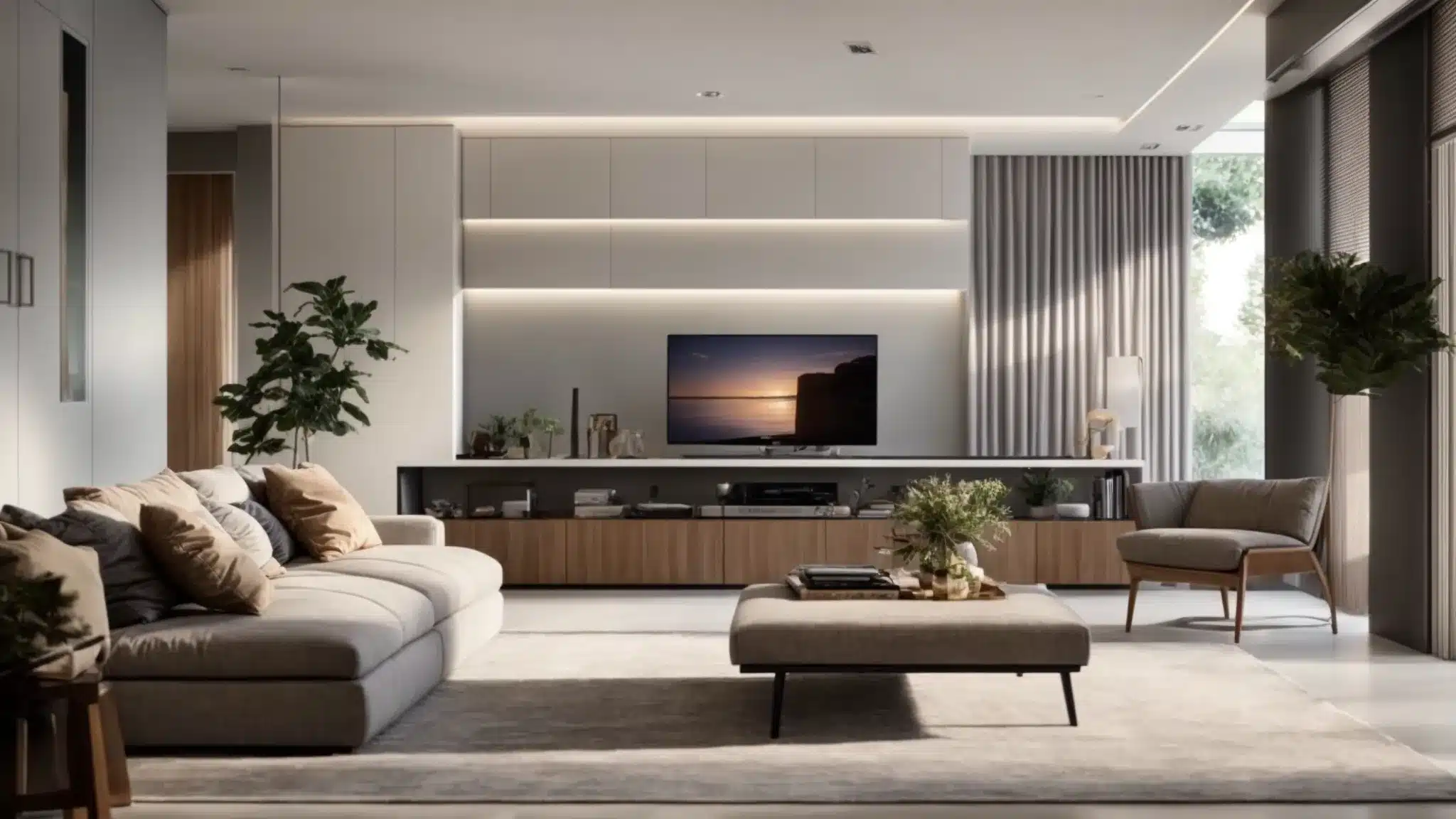
Residential air conditioning units come in various types, each designed for different needs. Understanding these types, along with common issues like refrigerant leaks or worn-out components, can guide homeowners in deciding between repair or replacement for their residential hvac. Additionally, exploring options such as geothermal heating can lead to environmentally friendly solutions at various price points, benefiting both comfort and efficiency.
Identifying the Different Types of Residential Air Conditioning Units
Homeowners should be aware of the variety of residential air conditioning units available, each catering to different needs and preferences. Central air conditioning systems utilize ducts to distribute cool air throughout the home, while ductless systems or mini-splits are ideal for spaces where ductwork is not feasible. Additionally, window and portable units might be suitable for smaller areas. Understanding these types can help identify issues such as increased noise levels, reduced indoor air quality, and performance affected by wear and tear, guiding homeowners toward informed decisions about repair or replacement options.
Recognizing Typical Issues That Require Repair or Replacement
Homeowners often encounter specific issues that signal the need for either repair or replacement of their air conditioning units. One common problem is moisture accumulation, which may indicate refrigerant leaks or improper drainage, affecting both comfort and overall climate control. Additionally, if the compressor shows signs of failure or if the seasonal energy efficiency ratio (SEER) starts to decline significantly, evaluating replacement might be a more
than ongoing repairs, especially with the potential shift to electric heating options for better energy savings.
Evaluating the Repair Process for Air Conditioning Units
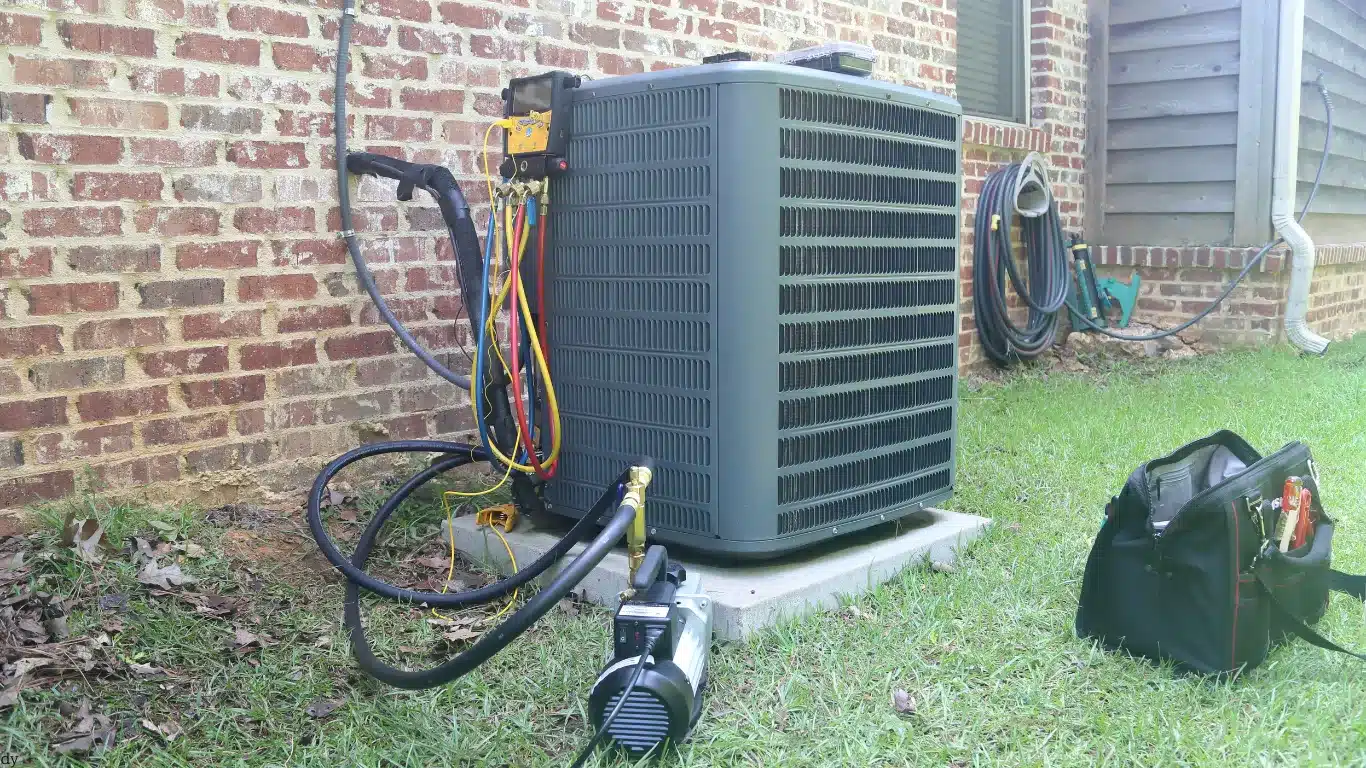
Assessing the cost and timeline for common repairs is essential for homeowners considering whether to repair or replace their air conditioning unit. Knowing when a repair is feasible involves evaluating factors such as airflow issues and component longevity. Additionally, understanding
can impact decision-making, especially when determining if a propane or liquid-based system requires maintenance or a complete overhaul.
Assessing the Cost and Timeline for Common Repairs
Assessing the cost and timeline for common repairs is essential for homeowners evaluating whether to repair or replace their
. Typical issues, such as problems with heat transfer or a malfunctioning smart thermostat, can often be resolved with targeted repairs at a lower cost than full unit replacement. Moreover, understanding the life expectancy of systems, including heat pumps, is crucial, especially since changes under the inflation reduction act may offer incentives for energy-efficient upgrades, blending repair needs with potential long-term savings.
Knowing When a Repair Is Feasible or Advisable
Determining when a repair is advisable often depends on an assessment from a qualified technician who can evaluate the air conditioning unit’s critical components, such as the thermostat and compressor. For instance, if a homeowner notices the unit requiring frequent repairs, it could indicate larger underlying issues, leading to increased expenses that may surpass a complete replacement. In cases where a boiler or another heating system is operating efficiently while the air conditioning unit faces consistent problems, investing in a new unit may provide greater reliability and comfort for the property.
Understanding Warranties and Service Agreements
Understanding warranties and service agreements is vital for homeowners considering
. A comprehensive warranty from an HVAC contractor can significantly reduce out-of-pocket costs for repairs, offering peace of mind should issues arise shortly after installation. Additionally, some energy-efficient systems may qualify for tax credits, making them an attractive option when evaluating long-term savings versus immediate repair needs.
Assessing the Replacement of Air Conditioning Units
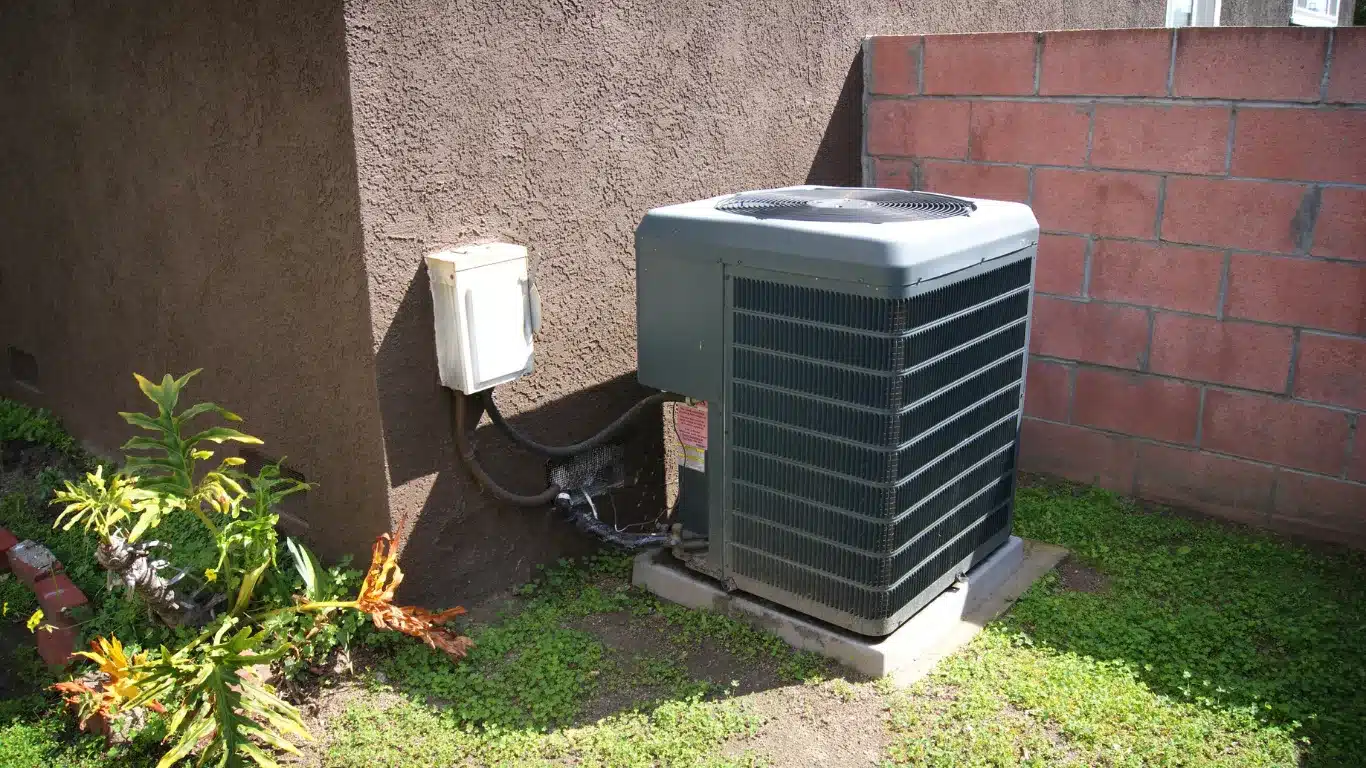
When evaluating the replacement of an air conditioning unit, homeowners must analyze the costs associated with a new system, which includes assessing the heat sink efficiency and ensuring humidity levels remain balanced. Additionally, considering the benefits of modern technology features, such as programmable thermostats and enhanced air handlers, can lead to improved energy efficiency. These factors highlight the overall lifespan of new air conditioning systems, offering potential utility savings and long-term comfort benefits.
Analyzing the Costs Associated With Replacing a Unit
Analyzing the costs associated with replacing an air conditioning unit requires careful consideration of several factors. Homeowners should evaluate the price of a new unit, including components like the condenser and installation expenses, which may include modifications such as drain adjustments to accommodate the new system. Additionally, when replacing units located on the roof, understanding potential costs related to structural support and accessibility may influence the overall investment.
Evaluating Energy Efficiency and Modern Technology Benefits
Evaluating energy efficiency and the benefits of modern technology is crucial for homeowners considering the replacement of an air conditioning unit. Upgrading to an
, for instance, not only improves energy savings but also reduces reliance on traditional electric systems, helping manage energy costs effectively. Additionally, newer units are designed with enhanced features that simplify installation, mitigate potential leaks in pipes, and can prevent unnecessary trips to the circuit breaker due to improved reliability and decreased complexity in operation.
Considering the Lifespan of New Air Conditioning Systems
Considering the lifespan of new air conditioning systems is essential for homeowners looking to balance energy efficiency and comfort while minimizing their carbon footprint. Typically, modern HVAC units offer a lifespan ranging from 15 to 25 years, depending on proper maintenance and energy management practices. Investing in a high-efficiency evaporator or upgrading associated heating systems, like a furnace, can lead to significant long-term savings on energy costs, making it an important factor in evaluating
.
Key Differences Between Repairing and Replacing an Air Conditioning Unit
When considering air conditioning options, homeowners should focus on comparing short-term and long-term costs associated with repair versus replacement. Weighing the advantages and disadvantages of each choice is crucial, as it directly impacts home comfort and air quality. Understanding how factors like dehumidifiers, heating efficiency, and heat exchangers play a role in residential and commercial HVAC systems will provide valuable insights for making informed decisions.
Comparing Short-Term and Long-Term Costs
When homeowners analyze the costs associated with repairing or replacing an air conditioning unit, they must consider both short-term and long-term implications. Repairing may offer immediate relief and lower upfront costs, particularly if the unit qualifies for an energy star rating that can lead to potential rebates. However, replacing an aging system often comes with a comprehensive warranty and improved efficiency, making it a sound investment that can lower energy bills in the long run while ensuring optimal air filter performance and indoor comfort.
Weighing the Advantages and Disadvantages of Each Option
When homeowners face the decision between repairing and replacing their air conditioning unit, understanding the advantages and disadvantages of each option is key. Repairing an existing unit can be cost-effective in the short term, especially when dealing with minor issues like thermostat malfunctions or refrigerant refills. However, opting for replacement often leads to long-term savings, improved energy efficiency, and access to modern features that can enhance overall comfort—factors that are particularly beneficial in the context of rising utility costs. For air conditioning repairs, you can visit
.
Understanding the Impact on Home Comfort and Air Quality
The choice between repairing or replacing an air conditioning unit significantly impacts home comfort and air quality. A well-functioning system not only provides consistent temperatures but also ensures optimal airflow and filtration, contributing to a healthier indoor environment. Conversely, an aging or frequently repaired unit may lead to inefficiencies, resulting in inconsistent temperature control and potentially poor air quality, ultimately affecting the well-being of occupants.
Factors Influencing the Decision to Repair or Replace
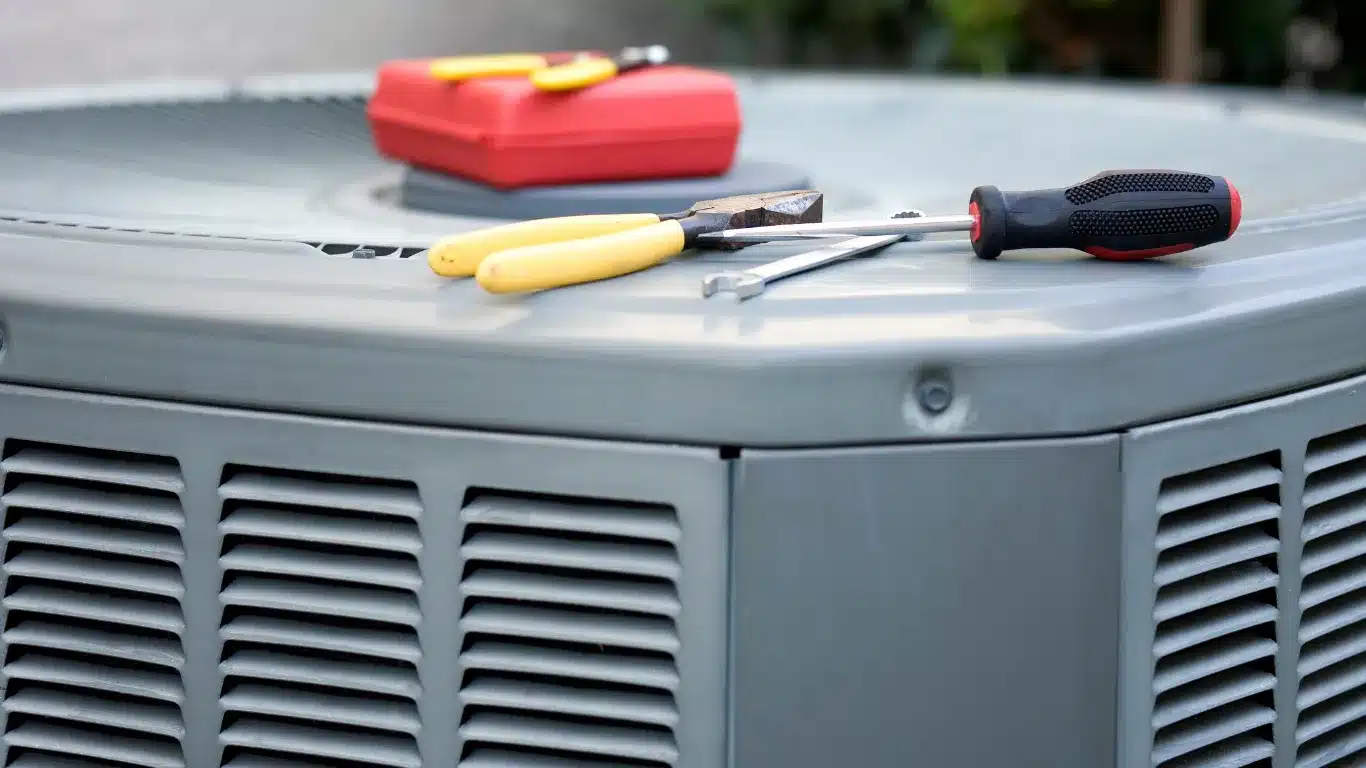
Several factors play a critical role in deciding whether to repair or replace an air conditioning unit. Evaluating the age of the unit helps determine its remaining lifespan and potential reliability. Additionally, assessing the frequency and severity of repairs needed can indicate underlying issues. Environmental factors, along with energy efficiency, should also be taken into account, as these aspects significantly influence the overall effectiveness and cost of the system.
Examining the Age of the Air Conditioning Unit
Assessing the age of an air conditioning unit is crucial when deciding between repair and replacement. Generally, if the system is over 10 years old, it may require more frequent repairs, indicating that replacement could be a more reliable option. Additionally, newer models often incorporate advanced technology that improves efficiency and reduces energy costs, making them an attractive choice for homeowners looking to optimize comfort and minimize expenses.
Assessing Frequency and Severity of Repairs Needed
Assessing the frequency and severity of repairs needed for an air conditioning unit is vital for homeowners contemplating whether to repair or replace their system. If a unit requires frequent repairs, such as multiple refrigerant refills or recurring compressor issues, it may indicate larger underlying problems that complicate reliability. A qualified technician can help evaluate these concerns, guiding homeowners toward a resolution that balances immediate comfort and long-term savings.
Considering Environmental Factors and Energy Efficiency
Environmental factors play a significant role in the decision to repair or replace an air conditioning unit. An older system may consume more energy, leading to higher utility costs and a greater carbon footprint, while newer models often incorporate energy-efficient technologies that reduce environmental impact. Homeowners concerned about sustainability and energy efficiency should consider the potential long-term savings and environmental benefits of upgrading to a modern air conditioning solution, ultimately enhancing both comfort and responsible energy usage.
Making the Best Choice for Your Home's Air Conditioning Needs
When assessing air conditioning needs, seeking professional advice is crucial for exploring the best options available. Customer testimonials and case studies provide valuable insights into the experiences of others in similar situations. Additionally, creating a maintenance plan can significantly extend the lifespan of a unit, ensuring efficiency and reliability over time.
Seeking Professional Advice on Options and Solutions
Seeking professional advice is essential for homeowners facing the dilemma of whether to repair or replace their air conditioning unit. HVAC experts provide valuable insights by assessing unit performance, identifying underlying issues, and recommending tailored solutions based on individual circumstances. By consulting with experienced technicians, homeowners can make informed decisions that balance immediate comfort needs with long-term sustainability and energy efficiency.
Reviewing Customer Testimonials and Case Studies
Reviewing customer testimonials and case studies can provide valuable insights into the experiences of others who have faced the decision to repair or replace their air conditioning units. These real-life accounts often highlight the advantages and disadvantages of both options, helping homeowners understand potential outcomes. By examining how different solutions performed in similar situations, individuals can make better-informed choices that align with their specific needs and expectations.
Creating a Maintenance Plan to Extend the Life of Your Unit
Creating a maintenance plan is essential for homeowners looking to extend the life of their air conditioning unit. Regularly scheduled inspections and preventative maintenance, such as changing air filters and cleaning coils, can significantly improve system efficiency and prevent costly breakdowns. By investing time in routine upkeep, homeowners reduce the likelihood of needing major repairs or replacements, ultimately ensuring their comfort and saving money over the long term.
Conclusion
Determining whether to repair or replace an air conditioning unit significantly impacts a homeowner’s comfort and energy costs. Homeowners must assess factors such as the unit’s age, repair frequency, and available technology to make informed choices. Understanding the potential long-term savings and environmental benefits associated with modern units can guide decisions towards improved efficiency. Engaging with HVAC professionals and creating a maintenance plan further ensures optimal performance and lasting comfort in the home.
